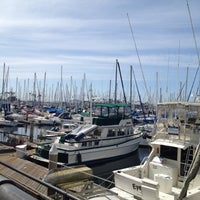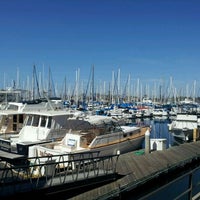
This was an era when many boxers took on a colorful nom de guerre. The first fight we have a record of is in November 1927, when Benefit stopped “Charlie the Greek” in half a round at the 4,000-seat Bristol Arena in downtown New Bedford. But when he turned 23, Henry became immersed in a new craze that had begun to sweep the country after World War I: boxing. Their second son, Henry Packish Benefit, born in 1904, became a fisherman like his father. Benefit was also given a $1,000 prize toward the purchase of a home.Įugene and his wife, Mary Packish, would raise eight children in their Edgartown home. In 1912, Benefit, together with Jackson and his three crew, was presented with the Carnegie Hero Medal for brave action. Benefit’s role was to remain aboard the Priscilla and pull the numb and exhausted sailors off the dories to the deck. It took all day, but working from dories in extremely rough seas, they managed to rescue all 14 from the Crowley, one by one, from the half-sunk vessel. Jackson gathered his three crewmen, and Benefit joined them aboard their little vessel.


Sylvia asked Benefit, who was undoubtedly still learning English, to go find Levi Jackson, the captain of the 37-foot power fishing boat Priscilla, and a skilled seaman who had been involved in past rescues. The waves were estimated at 10 to 20 feet. The captain of the 297-foot schooner had mistaken Edgartown Light for Block Island Light, and now 14 people were clinging to the rigging in deadly January seas and gale-force winds. Crowley, carrying coal to Maine, had wrecked on the shoals about three miles off Chappaquiddick (the ones which periodically coalesce to form Skiff Island). Sylvia brought alarming news: the six-masted schooner Mertie B. He happened to be on the docks in Edgartown Harbor early one stormy morning in January 1910, when he was approached by Manuel Sylvia, pilot of the steamship Uncatena.

Eugene soon found work in Edgartown as a self-employed fisherman and shellfisherman.


 0 kommentar(er)
0 kommentar(er)
